Nature reports
Page 6 of 38 - 371 Results
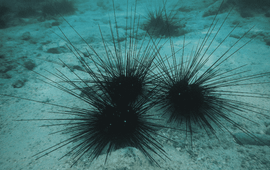
A recent study explored the settlement patterns of the Long-spined black sea urchin around the island of Saba. This research is vital for understanding how to restore coral reefs in the region, which have been significantly..
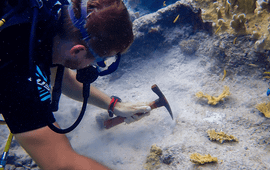
Reef Renewal Foundation Bonaire (RRFB) showcased their groundbreaking efforts in coral restoration during the DCNA Reef Restoration Workshop held in June 2024. Led by Francesca Virdis, Managing Director of RRFB, the presentation..
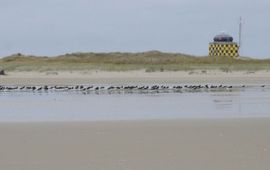
Oystercatchers will decline by 56 to 79 percent on three Wadden Islands over the next hundred years. This is according to results from James Cook University in Australia which continues on previous research by the Netherlands..
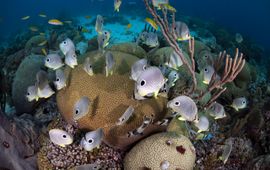
Understanding and advancing larval propagation techniques is vital for enhancing coral reef restoration, which in turn supports marine biodiversity, coastal protection, and sustainable tourism in the Dutch Caribbean. During the..
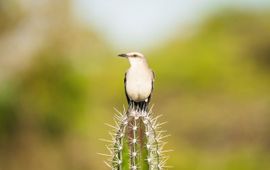
The stunning and unique nature of the six Dutch Caribbean islands will take center stage in the cinema film WOW! Caribbean Nature Uncovered. This project brings together various partners, including WWF-Netherlands and the Dutch..
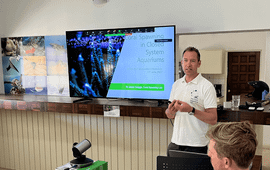
During the DCNA Reef Restoration Workshop, Dr. Jamie Craggs presented an overview of reproduction in corals, focusing on the methods and benefits of inducing coral spawning in closed system aquariums on land. His presentation..
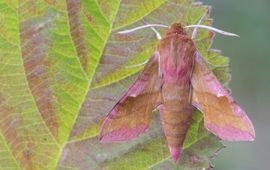
Rewilding as a strategy for nature conservation is gaining popularity. The promotion of natural processes is key. The resulting biodiversity is often limited to large mammals and birds, invertebrates are rarely taken into..
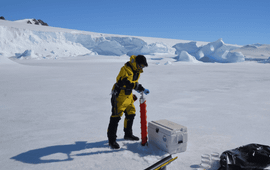
Scientists from the University of Amsterdam and University of Groningen are going to investigate micro-algae in the sea around Antarctica and their role in global cycles of carbon and sulphur. These algae form the basis of the..
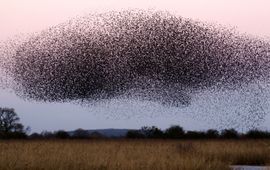
Young, naïve starlings are looking for their wintering grounds independently of experienced conspecifics. By revisiting a classic ‘displacement’ experiment and by adding new data, a team of researchers at the Netherlands Institute..
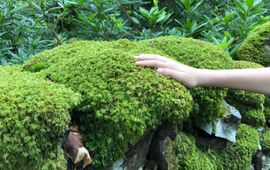
Nature is under severe pressure worldwide and recent studies project a continued loss. Despite the strong dependence and impact of our society on the many services that nature provides, the worldwide economic impact is largely..
